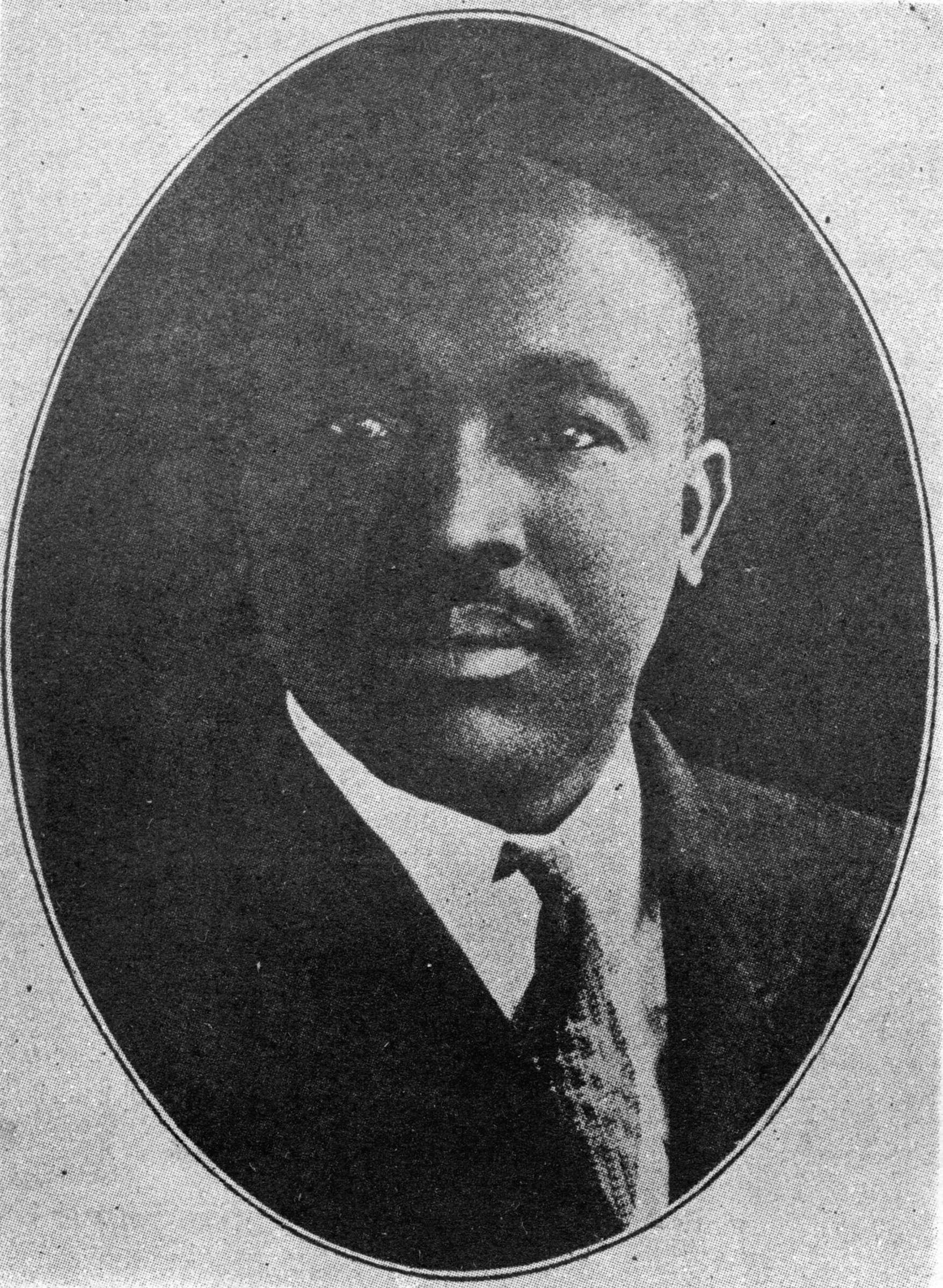Booker T. Washington once called Charles Banks the “most influential businessman in the United States” and Mississippi’s “leading Negro Banker.” The son of former slaves, Daniel A. Banks, a farmer, and Sallie Ann, a housekeeper and cook, Banks was born on March 25, 1873, in Clarksdale, Mississippi. His early education was within the Coahoma County school system and he later enrolled at Rust University (now Rust College) in Holly Springs, Mississippi. He moved back to Clarksdale around 1890 and opened Banks and Bro., a mercantile business. In 1893, he married schoolteacher Trenna Ophelia Booze who attended Natchez Baptist College and became a leader among Black women in Mississippi.
Banks attended the inaugural 1900 Boston meeting of the National Negro Business League (NNBL) where he met Booker T. Washington, the leading spokesman for the Black race. In 1903, Banks moved to the all-Black town of Mound Bayou, Mississippi, about 20 miles from Clarksdale and one year later, in 1904 he opened the town’s first bank, the Bank of Mound Bayou, and quickly surpassed the town’s founder Isaiah T. Montgomery, as its leading citizen. He would rise to become third and later first vice-president of the NNBL, second in command only to Washington, its president. Banks also founded the Mississippi Negro Business League in 1905, the first state affiliated league, and served as its president, allowing him to form alliances with professionals, educators, farmers, and ministers.
By 1911, Banks had formed a partnership with the local black undertaker, John W. Francis, that dealt in building supplies, lumber sales, land speculation, and mercantile ventures. He also owned a cotton brokerage company, a laundry, and a blacksmith shop; served as director of two insurance companies; and as general manager of the Mound Bayou Cotton Oil Mill, his most ambitious business endeavor. By 1912, Banks had a $100,000 net-worth (equivalent to $3.1M in 2023) and provided hundreds of jobs for African Americans in and around Mound Bayou.
Additionally, Banks involved himself in national, state, and local politics although he never ran for office. He received an appointment as census enumerator in 1890 for his home district of Clarksdale, served on the state Republican Party executive committee, was a delegate to the 1904 Republican National Convention, and an at-large delegate in 1908 and 1912. On several occasions, Banks even met with Presidents Theodore Roosevelt and William Howard Taft in Washington, D.C.
Charles Banks was active in educational, fraternal, civic, and religious organizations such as the Masons, Knights of Pythias, Odd Fellows, National Negro Bankers Association, the Negro Bankers Association of Mississippi, and the African Methodist Episcopal Church. By 1910, people throughout the country considered him the most powerful Black leader in Mississippi. At fifty, he died on October 18, 1923 from food-poisoning.

